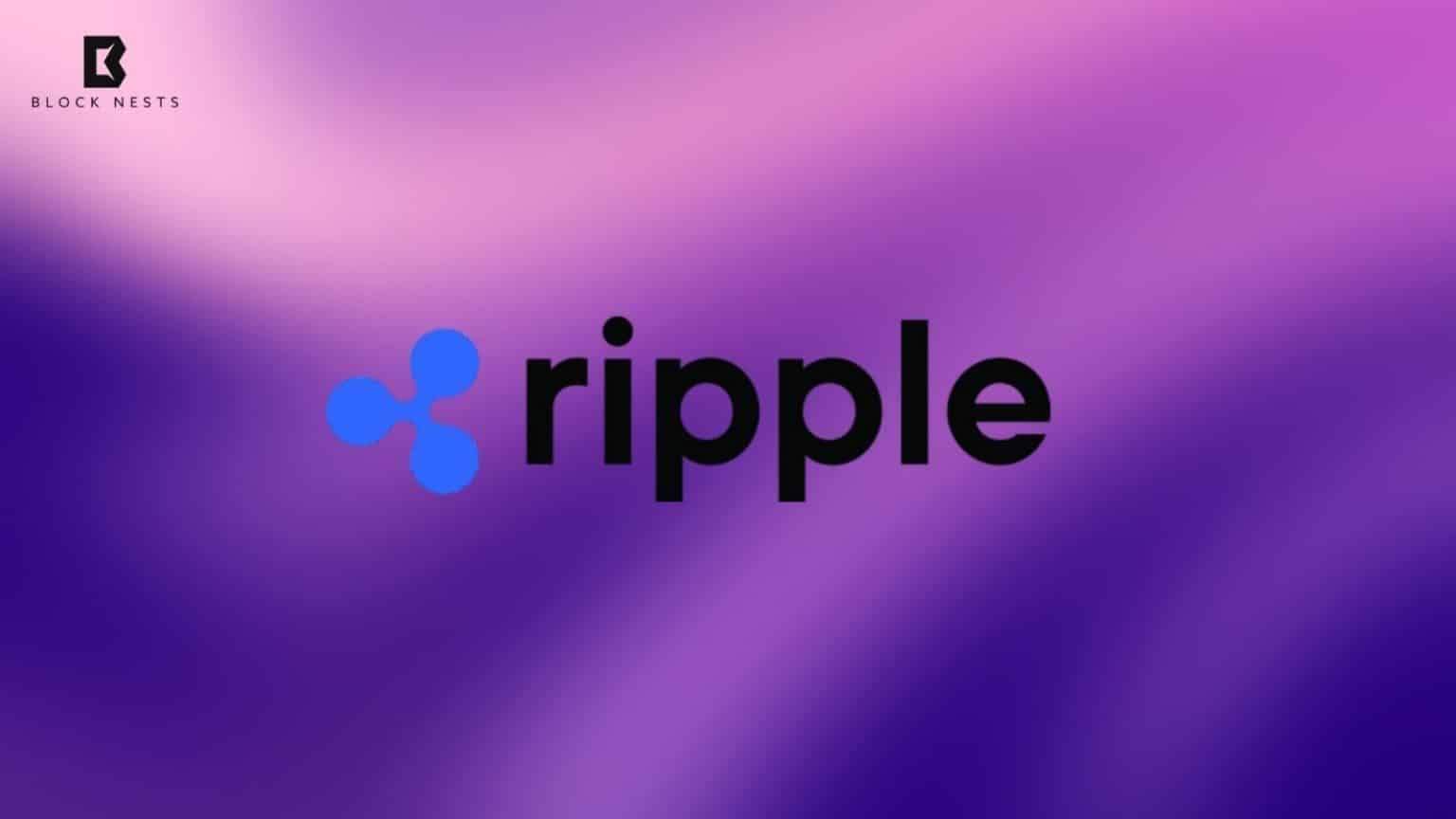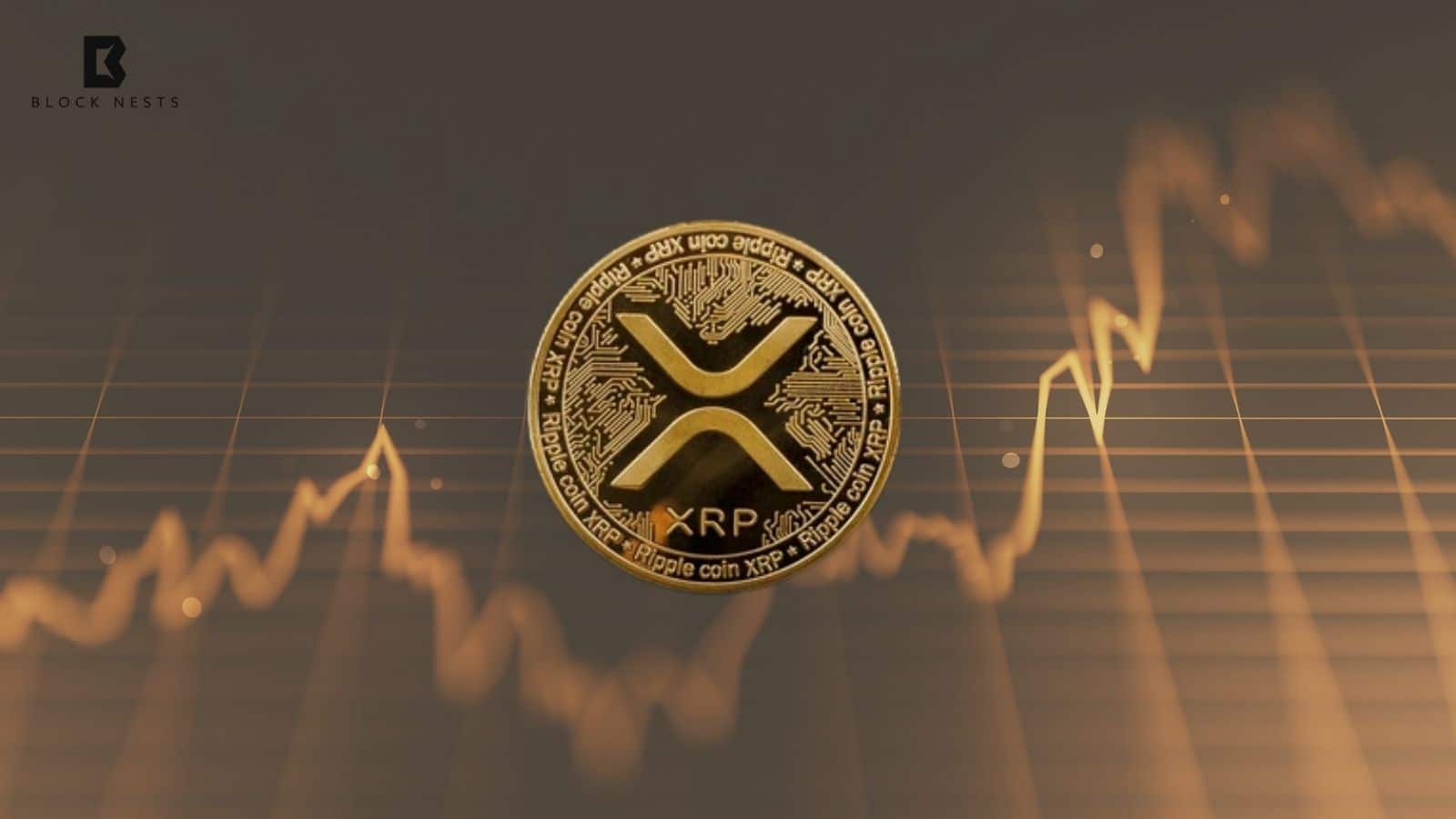- Ripple CTO defends XRPL’s role in private CBDC systems amid developer backlash
- Zero-knowledge proofs highlighted as key to XRPL’s advanced security model
- Debate grows over whether XRP Ledger can handle high-frequency trading securely
Ripple’s Chief Technology Officer, David Schwartz, escalated controversial fire when he confidently assured the world of the safety of the XRP Ledger, against all odds. Schwartz made his voice heard after the focus shifted back to Ripple’s experiments with a private XRPL implementation for the central banks assessing CBDCs.
A user on X warned that private XRPL ledgers are wrought with skepticism from blockchain pundits. Some critics wondered whether the proposed approach would work for a long while, speculating that costlier trades might also arise amid price unpredictability.
Schwartz pointed out that the XRP Ledger can quite well support high-frequency trading on decentralized exchanges. Schwartz highlighted that zero-knowledge proofs are essential to Ripple’s system, claiming they provide high security and decentralization similar to that on layer-one networks.
Schwartz Pushes Back Against Scalability Doubts
The Ripple CTO questioned the utility of private ledgers on XRPL during periods of price instability. Schwartz mentioned that recent developments in cryptography and system design significantly enhance the reliability of these applications.
In line with the above idea, blockchain developers commented that XRPL has been fashioned to handle both public and private use cases successfully. They added that interacting with central banks shows that Ripple’s technology is earning more trust in its capabilities to process complex transactions.
XRP Ledger Gains Momentum Amid Institutional Interest
As Ripple establishes more deals with governmental and banking authorities, the XRP ledger is now being discussed for complex and large financial exchanges. Its applicability also applies to central bank digital currencies (CBDCs), where XRPL’s capacity to achieve security and performance without giving up decentralization is a major advantage.
Despite previously facing regulatory problems, XRP has consistently positioned itself among the leading digital assets. Increasing adoption and ever-evolving technology in Ripple have caused analysts to foresee continued growth.
David Schwartz’s strong arguments on the security of XRP ledgers have brought Ripple’s increasing role in institutional blockchain projects back into the spotlight. Greater interest in CBDCs is forcing XRPL to develop a solution people can trust to build strong, secure digital finance systems.
Also Read: Ethereum’s Pectra Upgrade Turns Wallets Into Smart Contracts With Risks
How would you rate your experience?






